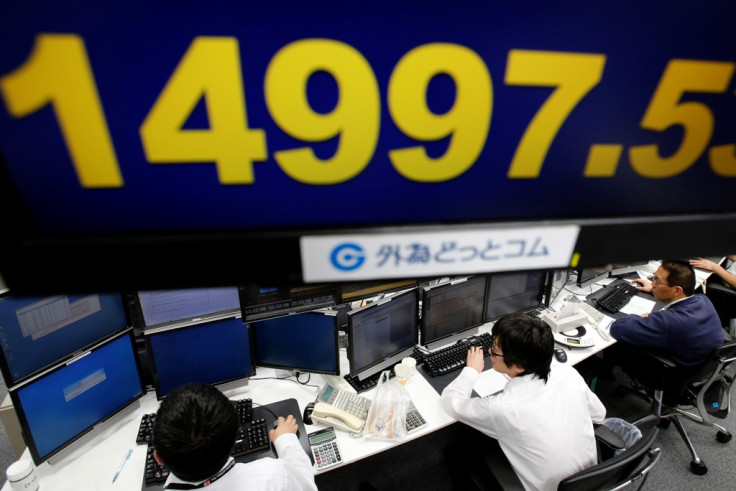Emerging Markets Suffer Sell-Off as Foreign Investors Trim Exposure to Risky Assets

Emerging markets led a global sell-off on 27 January after foreign investors shed their exposure to dicey assets in those markets.
The benchmark MSCI emerging stock index dropped to a four-and-a-half-month low, losing 1.6% on the day.
The sell-off was triggered by concerns about slowing economic growth in China and by the uncertainty that surrounds the outcome of the US Federal Reserve's stimulus taper on markets that have relied on overseas funding to sustain growth.
In addition, political threats in Thailand, Turkey and Ukraine, alongside an approaching financial crisis in Argentina together wrecked havoc across bourses in emerging markets just when the Fed is preparing to trim its monthly asset buys by another $10bn (£6bn).
Turbulence in emerging markets boosted gold's safe-haven investment allure. Prices rallied to their highest in over two months to $1,278.01 an ounce.
Societe Generale Cross Asset Research said in a note to clients: "Emerging market turmoil is pushing volatility higher. We nonetheless believe that volatility levels no longer provide a clear reflection of risk and could spike further."
Christin Tuxen, senior analyst at Danske Bank said in a note to clients: "The emerging markets (EM) worries fuelled last week by a series of events in Argentina, Turkey, Thailand, South Africa and Ukraine alike topped by a disappointing Chinese PMI have continued to dominate sentiment in Asian trading overnight."
"The decisive factor for whether the EM sell-off will continue into this week could be how the authorities handle the fact that China could face the first ever default on a trust product this week. At this point, we see little chance of the Fed diverging from its tapering path or current forward guidance at [29 January FOMC] meeting.
Standard Chartered said in a note to clients: "We believe economies and markets in Northeast Asia (NEA) are most at risk from slower China growth, while India will be more insulated. Positioning remains an important consideration, and with the Korean won (KRW) and the Chinese yuan (CNY) starting the year as favoured longs, they are under increasing pressure."
"To be clear, a significant slowdown in China's growth or systemic risks in its banking sector will trigger contagion across all of Asia, Latam, and Africa. Strategically, we remain US dollar (USD) bulls, particularly against EM currencies," the British bank added.
Emerging stocks have lost 5.2% so far this year and are the worst performing assets.
© Copyright IBTimes 2025. All rights reserved.






















